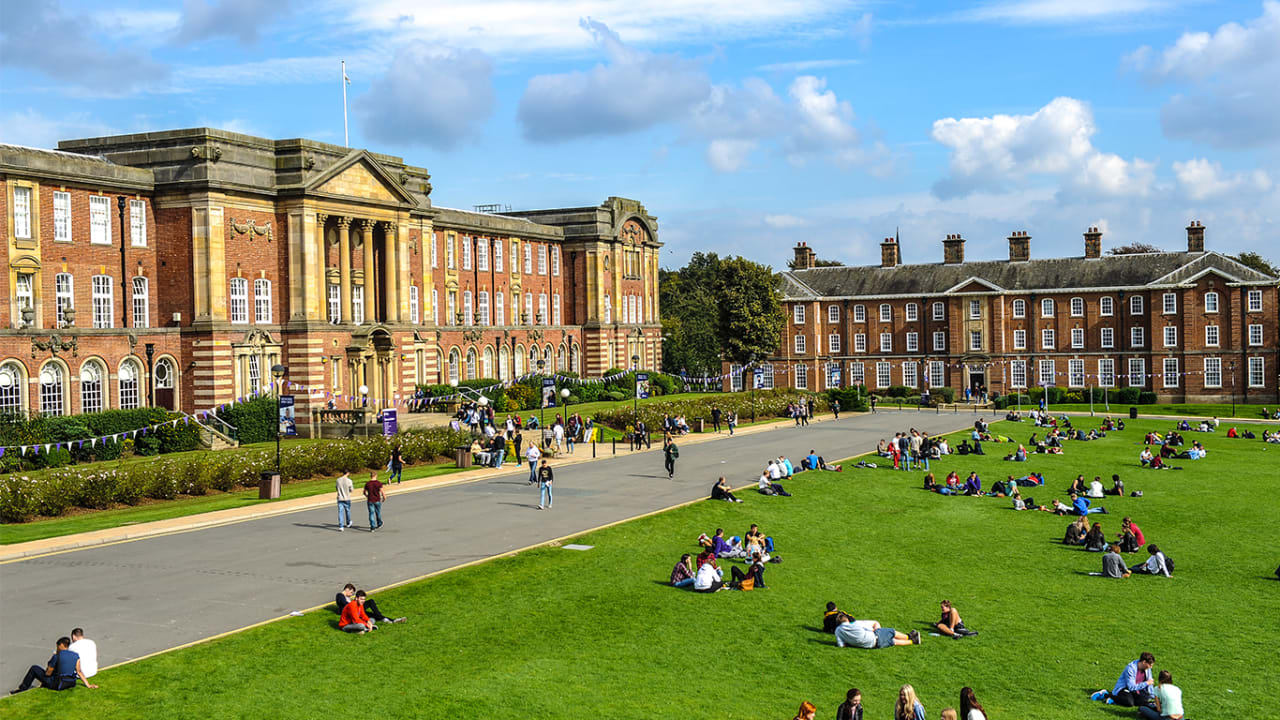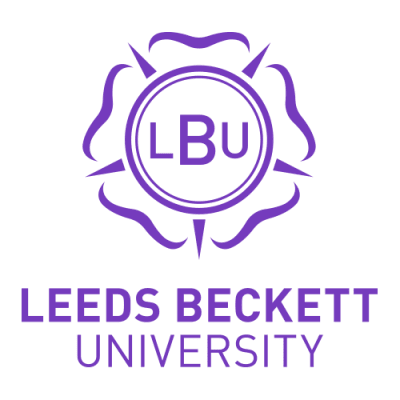
BA (Hons) International Relations
Leeds Beckett University

Key Information
Campus location
Leeds, United Kingdom
Languages
English
Study format
On-Campus
Duration
3 - 6 years
Pace
Full time, Part time
Tuition fees
GBP 9,250 / per year **
Application deadline
Request info *
Earliest start date
Request info
* apply as early as possible
** For UK/EU national. £13,000 for International Students .International students are eligible for a scholarship of £1000 per year.
Introduction
Gain an international perspective by exploring how nations interact on the global stage, what happens during the conflict, and the challenges faced by states and world organisations trying to preserve peace and security. You will engage with the theory of international relations and diplomacy, examining global inequalities, the rise of the superpower nations and what power looks like at a global level.
Why study International Relations at Leeds Beckett University
- Pathways available, with the option to change direction after Year 1
- Fantastic placement opportunities
- Guest lectures, including annual festival of Politics and International Relations
- Volunteering opportunities
- 100% of International Relations students said staff were good at explaining things
Curriculum
You will be able to choose from a number of International Relations pathways to study*:
- BA (Hons) International Relations
- BA (Hons) International Relations with Global Development
- BA (Hons) International Relations with Peace Studies
- BA (Hons) International Relations with Politics
- BA (Hons) International Relations with Political Economy
- BA (Hons) International Relations with Human Rights
Gain an international perspective by exploring how nations interact on the global stage, what happens during the conflict, and the challenges faced by states and world organisations trying to preserve peace and security. You will engage with the theory of international relations and diplomacy, examining global inequalities, the rise of the superpower nations and what power looks like at a global level.
Understand how major developments, including the Cold War, the fall of the Berlin Wall, globalisation, changing global power relations and the emergence of new terror threats and social movements have shaped the world.
*You can apply to study for a single honors degree or one of the combined awards listed below. You also have the option of changing your award at the end of your first year. You will be able to apply directly to UCAS for the combined awards using the UCAS codes provided:
BA (Hons) International Relations with Global Development (UCAS code L258)
Explore how global development confronts the ethical dilemmas facing the distribution of power and resources. You will examine theories of development, poverty and economic crises and their relevance to the social and political challenges of the 21st century.
BA (Hons) International Relations with Peace Studies (UCAS code L252)
Understand how international relations have traditionally been conducted and the consequences and limitations of these approaches. You will examine key theories of peace, warfare and security and their relevance and practice in the 21st century.
BA (Hons) International Relations with Politics (UCAS code L254) Critically explore politics and examine some of the pressing issues facing us today, such as climate change, human rights, migration and the crisis of capitalism.
BA (Hons) International Relations with Political Economy (UCAS code L255)
Political Economy is a crucial tool to understand the relationship between history, economics, the international state system and political power.
BA (Hons) International Relations with Human Rights (UCAS code L253)
Many political, economic, social and cultural factors impact the successful protection and promotion of human rights around the world. You will engage with debates about the universality of human rights and assess the success of human rights as a mechanism for social justice. You will explore the work of human rights activists and the political strategies they employ to try and stop human rights violations.
Teaching And Learning
Independent study is a crucial part of learning at university and you will be required to undertake many hours of self-directed research and reading, and preparation and writing of assessments. Your course is delivered through a number of modules, which will help you to plan your time and establish a study routine. Outside of your lectures, workshops and tutorials, a range of support is available to assist with your independent study. Our subject-specific librarians will be on hand to direct you to the specialist learning and study-skill resources. You’ll also be assigned an academic advisor to give you tailored feedback and support.
Admissions
Scholarships and Funding
We are committed to ensuring that the opportunity to experience an education here at Leeds Beckett University is open to all. If you're thinking of joining us to study for your undergraduate degree, you may be eligible for a scholarship or bursary.
Bursaries are usually awarded depending on household income, whilst scholarships are available for a number of areas and are based on sporting or academic excellence.
Program Tuition Fee
Gallery
Career Opportunities
This course will give you the skills needed for a role on the global stage of international relations and politics, and your choice of course specialisms will help tailor your expertise to the career you want to pursue.
You could work in the civil service, in consultancy, for voluntary or community groups, or in the media. You will also be well placed to further your studies by selecting from our range of postgraduate study opportunities, which includes our master's courses in Peace & Development, International Relations, International Human Rights Practice and International Political Economy.
- Diplomat
- Government Advisor
- Journalist
- International Charity Worker
Beckett Careers Team
Our Beckett Careers Team will support you with all aspects of your career planning, throughout university and beyond. Whether you’re looking for a part-time job or want to gain experience alongside your studies, need help preparing an application or exploring graduate job options, we can provide expert support every step of the way!
Throughout your university journey and up to five years after you graduate you'll have access to a broad range of support and tools to help you with:
- Getting ready to apply for jobs
- Working on your CV
- Preparing for an interview
- Applying for graduate vacancies or placements
- Connecting with employers and organisations
Facilities
English Language Requirements
Certify your English proficiency with the Duolingo English Test! The DET is a convenient, fast, and affordable online English test accepted by over 4,000 universities (like this one) around the world.